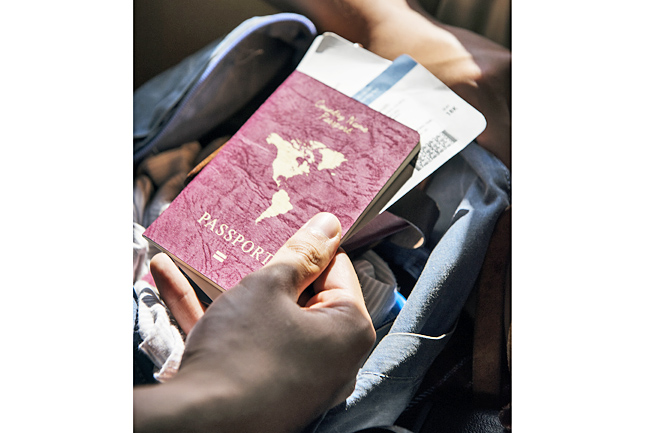FRANKFURT, GERMANY (AFP) – Sener Sargut is from Turkiye but has lived in Germany for over six decades, is married to a German woman and speaks the local language fluently.
Yet the 80-year-old does not hold German nationality, as taking up citizenship of his adopted homeland would mean giving up his Turkish passport.
But that could be set to change.
Reforms under consideration could end Germany’s restrictive nationality laws and open the door for people from more countries to become dual citizens, including those from the large Turkish community.
“I often thought about getting German citizenship but then I always held off because I would have to give up Turkish citizenship,” Sargut told AFP from his home in Frankfurt.

“I did not want to do that.”
The pensioner, a founder of TGD, a non-profit group that advocates for Germany’s Turkish community, said he is “outraged” that change has been so slow – but is optimistic it could finally happen.
“It would be a good step, not just for us, but for the country itself,” said the father of two, who spent years as head of department at an education centre.
German’s coalition government is engaged in talks over the plans and there have been positive signals that an agreement could soon be reached.
Sargut arrived in Frankfurt in 1959 from Istanbul to study, two years before an agreement was signed paving the way for a huge number of Turks to move to work in Germany.
As well as Turkiye, Berlin struck deals with other countries to bring in so-called “guest workers” on a temporary basis, including Italy, Tunisia and Greece.
About 870,000 Turks went to Germany under the agreement, which ran until 1973. They had to learn German to a good standard, prove they had integrated into society and crucially, give up their Turkish nationality.
Former chancellor Angela Merkel’s conservatives have for decades been sceptical about lifting barriers on citizenship, arguing that lax rules would not bring about the integration of newcomers into society.



















































